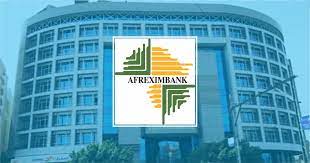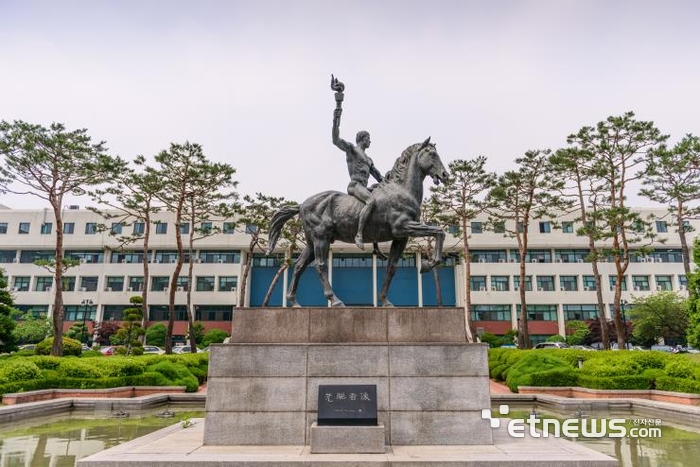61 Views
Ph:DR: SMEs directly participating in global trade faced fierce competition from multinationals and large corporations, making their chances of success or survival marginal to non-existent
The African Export-Import Bank (Afreximbank) has invited African countries to prioritize the development of public and private export trading companies (ETCs) in order to enable small and medium-sized enterprises (SMEs) on the continent to participate effectively in the International trade. Afreximbank calls for prioritization of export trading companies to boost participation of African small and medium enterprises (SMEs) in global trade
In a speech delivered on the occasion of the African International Exhibition [Africa International Exhibition]which opened yesterday on the sidelines of the United Nations General Assembly in New York, Kanayo Awani, Executive Vice President of Afreximbank, in charge of the Bank for Intra-African Trade, on behalf of the President of the Banking Professor Benedict Oramah said SMEs directly participating in global trade faced fierce competition from multinationals and large corporations, making their chances of success or survival marginal to non-existent.
Ms. Awani said Asia had addressed this challenge by creating ETCs that served as channels to access global markets for SMEs, explaining that ETCs acted as aggregators and created considerable trade volume that attracted more great value and stood up to the competition.
She said the low participation of African SMEs in global value chains reflected the failure of institutional policies and called for the establishment of strong policy support systems that would develop capacities, ensure first protections against unfair competition and improve access to regional markets as well as access to financing.
“These measures are particularly urgent as Africa begins to implement the African Continental Free Trade Area (AfCFTA) Agreement,” Ms. Awani said.
She highlighted that over the years, SMEs have been at the center of Afreximbank’s continental initiatives through its SME-focused export development strategy, with unique financing instruments to address financing constraints facing African SMEs face, including products such as factoring, supply chain financing and intermediated financing.
Ms. Awani said Afreximbank was the leading promoter of factoring in Africa and highlighted that the factoring law that the Bank sponsored was adopted in the Republic of Congo, Burkina Faso, Niger, Togo, in Mali and Ivory Coast. She also added that this law is currently being examined by the regulatory institutions of several other African countries.
The Bank also facilitates market access for African SMEs through the Africa Trade Gateway, a digital ecosystem that includes assets designed to address non-tariff barriers, such as the MANSA due diligence platform that collects KYC information of SMEs and enterprises and which has already hosted more than 11,000 entities, she said.
Other Afreximbank interventions include the TRADAR Club, which offers innovative digital tools and networking opportunities, helping SMEs achieve economies of scale and scope, the Pan-African Payment and Settlement System, which is a important mechanism to strengthen the participation of SMEs in regional trade by allowing them to make payments for imports from the continent using national currencies, the establishment of the Africa Export Development Fund, which provides risk capital to support startups, early-stage and emerging SMEs, and a number of other flagship initiatives.
The Bank’s Intra-African Trade Fair further provided an excellent platform to foster the integration of SMEs into continental value chains by promoting interconnections and networking, she added, recalling that the third edition of the fair will be held in Cairo in November.
Ms Awani explained that Afreximbank launched the $1 billion Creative Africa Nexus (CANEX) program to provide access to finance, capacity building initiatives, digital solutions and other forms of support for the African creative industry. She noted that the industry had become one of the fastest growing sectors on the continent and that creative products had become major exports in Nigeria, South Africa and a few other countries, surpassing the traditional export products. The Bank has disbursed about US$120 million to boost the industry, she noted.
Other speakers at the event included the President of Nigeria, Mr. Bola Tinubu, represented by Mrs. Doris Uzoka-Anite, Minister of Industry, Trade and Investment, Mr. Festus Keyamo, Minister of Aviation and Aerospace Development of Nigeria, Mr. Adesola Adeduntan, Group CEO of First Bank, and Senator Ireti Kingibe of the Nigerian National Assembly.


